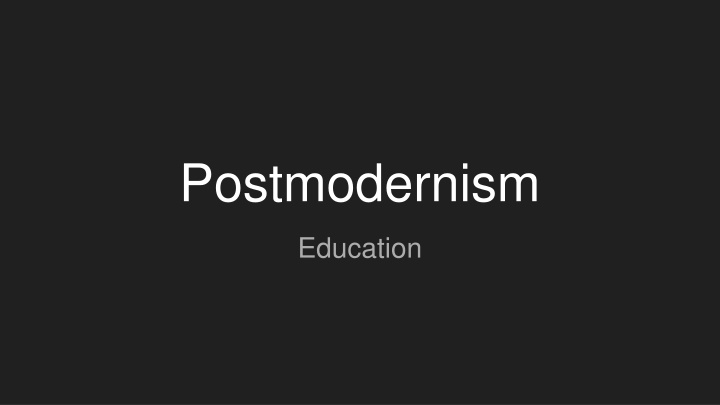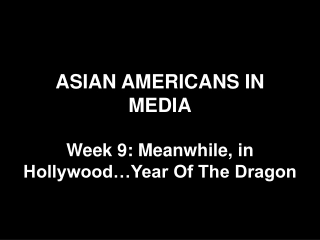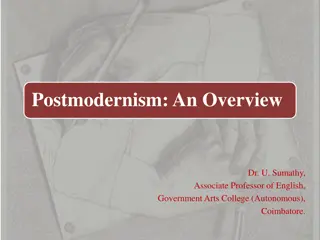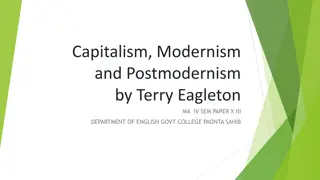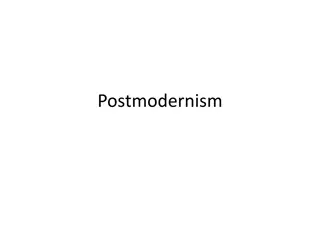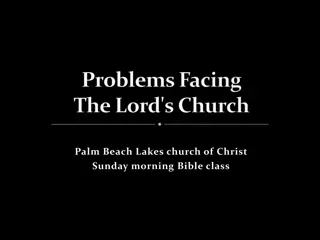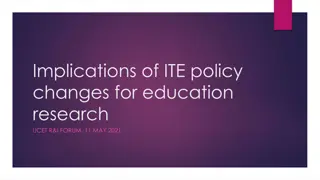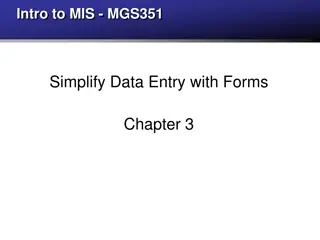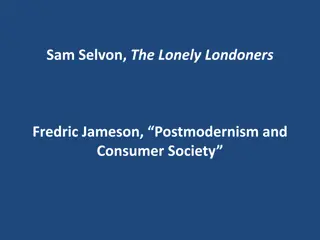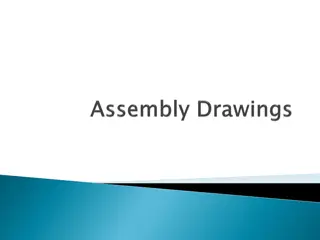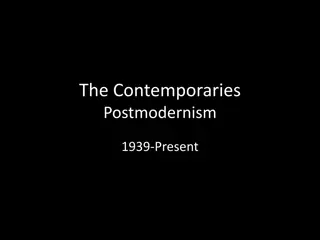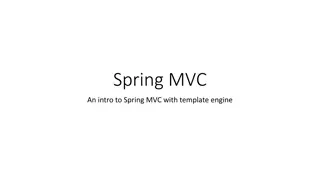Postmodernism in Education: Views and Implications
Postmodernism challenges traditional educational practices by emphasizing diversity, flexibility, and lifelong learning. It questions standardized curricula, surveillance in schools, and the need for constant testing. The research indicates that policies like the National Curriculum may struggle to accommodate the evolving societal landscape. Postmodernist theorists highlight the need for customized, experiential learning approaches to adapt to a rapidly changing world.
Download Presentation

Please find below an Image/Link to download the presentation.
The content on the website is provided AS IS for your information and personal use only. It may not be sold, licensed, or shared on other websites without obtaining consent from the author.If you encounter any issues during the download, it is possible that the publisher has removed the file from their server.
You are allowed to download the files provided on this website for personal or commercial use, subject to the condition that they are used lawfully. All files are the property of their respective owners.
The content on the website is provided AS IS for your information and personal use only. It may not be sold, licensed, or shared on other websites without obtaining consent from the author.
E N D
Presentation Transcript
Postmodernism Education
What is Postmodernism? Postmodernism describes a broad movement that developed in the mid to late 20th century across philosophy, the arts, architecture and criticism which marked a departure from modernism. Postmodernists believe that earlier era s were far more predictable than the times we live in today, for example jobs were for life and class was a major source of identity. Since around the 1970 s we have been living in times characterised by risk and diversity. Consequently this has had huge implications for education .
Views On Education: Point I) Concern with so much change - There are differences and concerns because of the number of languages that exist, the number of ethnic groups that coexist in towns and cities and changes in working patterns. All of these influence education. - Society has changed so much. By now there are a number of single-parent families, same-sex couples are accepted and religion has to appeal to a multicultural society. - To enforce one common curriculum on everyone is going to lead to some problems. Point II) Watching & Surveillance - Postmodernists also argue that they are constantly being 'watched' in today's society. - Not only because of CCTV cameras but also because of the increase in maintaining records of everything on paper and setting targets in order to monitor people in schools and in jobs. - As so much has changed by now there are a number of single-parent families, same-sex couples are accepted and religion has to appeal to a multicultural society. - Because of the increase in monitoring also, record keeping and setting targets, pupils suffer as they constantly have to sit tests and examinations. This causes strain and concern for some.
Views On Education: Theorist I Usher & Thompson (1997) Modern PostModern Education Controlled by State Education Controlled by Communities One Size Fits all Diverse & Customised Fixed In Time (Strict Timetable) Flexible (Distance Learning) Fixed Period In Life Lifelong Learning Teacher Led, Student Passive Active Learners, Learning Through Experiences
Views On Education: Theorist II Moore & Hickox (1994) Their research stated that it is: impossible to provide a curriculum that suits everyone, either a national or vocational curriculum, because of the social changes that are taking place in society.
Research Evidence Postmodernists such as Moore and Hickox's (1994) Argue that such policies as the National Curriculum are doomed to failure because they can t keep up with an increasingly diverse nature of society. The continual testing, target setting and recording of results is seen as an attempt to keep some kind of order.
Criticisms There is an argument that postmodernism is not even a genuine thing that exists. And that factors like ethnicity, gender and social class are still as important in today's society as there were prior to the 18th century where the 'modern era' was said to begin By postmodernists putting forward these views of our modern society, they are falling into the same trap which they use to criticise other perspectives. Postmodernism is also well known for their criticism of sociological theories for being what's described as a 'meta-narratives'. Which basically means narratives or stories of other stories, or in this case perspectives of society. But postmodernism would be the meta-narrative as it is a 'story' describing or criticising other 'stories'
